Acıbadem offers a leading adult and pediatric kidney transplant program, with three dedicated centers across Türkiye and over 15 years of experience treating more than 5,000 patients.
The kidney was the first organ to be transplanted. The world’s first successful kidney transplant was performed in 1954, and in Türkiye, it was first performed in 1975. Humans have two kidneys, making kidney donation possible. When a donor gives one of their kidneys, they can continue to live a normal life healthy with the remaining one.
Everyone diagnosed with end-stage kidney disease should be evaluated for kidney transplantation because of the better quality of life and longer life expectancy. Although dialysis can partially compensate for the loss of kidney function, there is no permanent cure for kidney failure other than kidney transplantation. Kidney transplantation is the transfer of a healthy kidney to a person whose kidneys have no activity.
Excellence in Care: Acıbadem Kidney Transplantation Unit
At Acıbadem, we recognize the vital importance of kidney transplantation for both patients and their loved ones. That’s why Acıbadem, with its three specialized kidney transplant centers, provides the highest standard of care to both recipients and donors. Patients from around the world choose Acıbadem for kidney transplantation, drawn by our multidisciplinary approach, extensive experience, advanced surgical techniques, high success rates, and patient-centered care. Acıbadem Kidney Transplantation Unit stands out in many ways:
Outstanding Outcomes: According to global standards, kidney transplant success is measured by both the function of the transplanted kidney and the patient’s survival at one and five years post-surgery. In “Centers of Excellence” recognized in the USA and Europe, these success rates are typically reported as 95% for the first year and 90% for the fifth year. As one of the international reference centers for kidney transplantation, Acıbadem surpasses these benchmarks—with kidney recipient survival rates of 99% in the first year and 95% in the fifth year.
Experience:To date, Acıbadem has successfully performed over 5,000 kidney transplants for patients from around the world. These include pediatric patients, complex cases, and combined kidney-liver transplants.
Comprehensive Care: At Acıbadem Kidney Transplantation Centers, all the specialists, diagnostic tests, and procedures a patient may need are brought together under one roof. Transplant surgeons, nephrologists, and other experts work in coordination as an integrated team to manage every step of the transplant journey from start to finish.
Personalized Approach: Each patient’s treatment journey is meticulously planned and managed to achieve the best possible outcome. If additional treatments or surgeries are needed before or after the transplant, they are carefully planned and shared with the patient.
Living-Donor Experience:At Acıbadem kidney transplantation program primarily relying on living donors. Türkiye holds a significant position globally in the field of living kidney transplantation.More than 3.500 kidney transplants are performed in Türkiye annually, and 85% of them are done with living donors. This number makes Türkiye the first country for living donor kidney transplantations in the world. Living donor transplants offer numerous advantages, including better survival rates, a higher success rate for the surgical procedure, and the elimination of the wait for an organ.
Advanced Surgical Techniques Enhance Donor Comfort
A donor is a healthy individual, and operating on someone in such good health is uncommon in most areas of medicine. However, in organ transplantation, it becomes a necessity. For this reason, we aim to perform the most minimally invasive surgery possible, using fewer and smaller incisions to ensure a quicker and more comfortable recovery for the donor.
At Acıbadem, laparoscopic and robotic surgery are used for the removal of the donor kidney. While open surgery requires an incision of 15-20 cm, minimally invasive techniques allow the kidney to be removed through a 5 cm incision and two small incisions, each about 1 cm.
Moreover, in women, it may be possible to remove the donor’s kidney through the birth canal. In the vaginal removal of a kidney, a laparoscopic instrument is inserted through a 2 cm incision in the patient’s navel, and the kidney is then removed through the vagina. This method can be applied to women who have given birth. This approach allows donors to be discharged within 24 hours after surgery, and most can return to work within a week.
All these minimally invasive approaches imply less bleeding and infection for the patient, as well as less scarring in the area of the surgical wound.
Patient Success Story: A Second Chance at Life
A real patient story can empower parents facing similar situations by demonstrating how meticulous treatment planning improves outcomes.
It is not uncommon for spouses to donate a kidney to one another. While it’s a medical procedure, it’s also an emotional journey—one that deepens the bond between two people who have already shared a lifetime of ups and downs. A healthy spouse steps forward to donate a kidney, giving their partner with kidney failure a chance to survive. The recipient holds on to life through this act of generosity.
This is exactly what happened to the couple who have been married for 30 years. After the husband was diagnosed with kidney failure, his wife didn’t hesitate to step forward and donate one of her kidneys. The transplant was successfully performed. Soon after, they received another piece of joyful news: they were about to become grandparents. Two years after the transplant surgery, they are now enjoying a healthier life and spending joyful moments with their grandson.
A Second Chance at Life: Restoring Happiness for an Ethiopian Family
When 48 years old Ethiopian dad, AzmerawAberaGizaw was diagnosed with end-stage kidney failure, his family’s world crumbled. “We felt hopeless,” admits his son Robel Azmeraw, as he recalls those dark days. Their salvation came from an unexpected source – a stranger who had undergone a successful kidney transplant at Turkey’s Acibadem Hospital three years prior.
The family’s miracle began when Acibadem’s international team visited Addis Ababa last February. “Meeting the doctors face-to-face changed everything,” Robel explains. His uncle, 50 years old AlemiyeAberaGizaw, immediately volunteered as a donor, but fears lingered. “We thought kidney transplantation was rarely successful thing,” Robel confesses. Those fears vanished when they arrived in Istanbul. From the warm welcome by Amharic speaking staff to the surgeons who patiently explained every step, Acibadem transformed their ordeal into a journey of hope. Everything went incredibly well.
Beyond the exceptional services, they were deeply moved by the extraordinary kindness shown to Alemiye. “They let him stay by my father’s side for seven days instead of sending him home after three,” Robel says. “Today, Azmeraw rediscovered happiness, filled with gratitude for his son and brother, while Alemiye proudly shows his minimal scar – a badge of brotherly love. “Acibadem didn’t just heal my body,” Azmeraw reflects, “Next to God, they healed our whole family with happiness.” Their story stands as a powerful testament to how world-class healthcare can cross continents and change destinies.





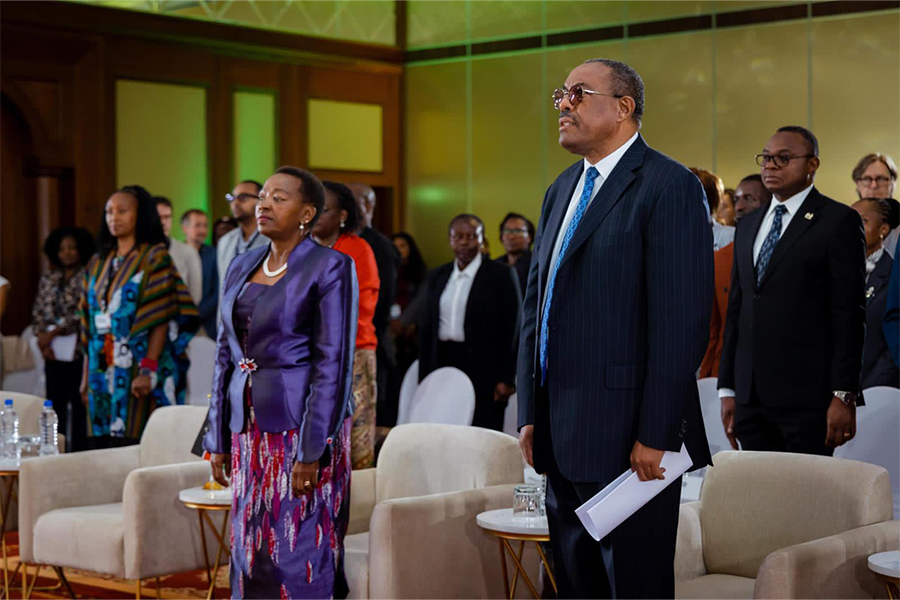
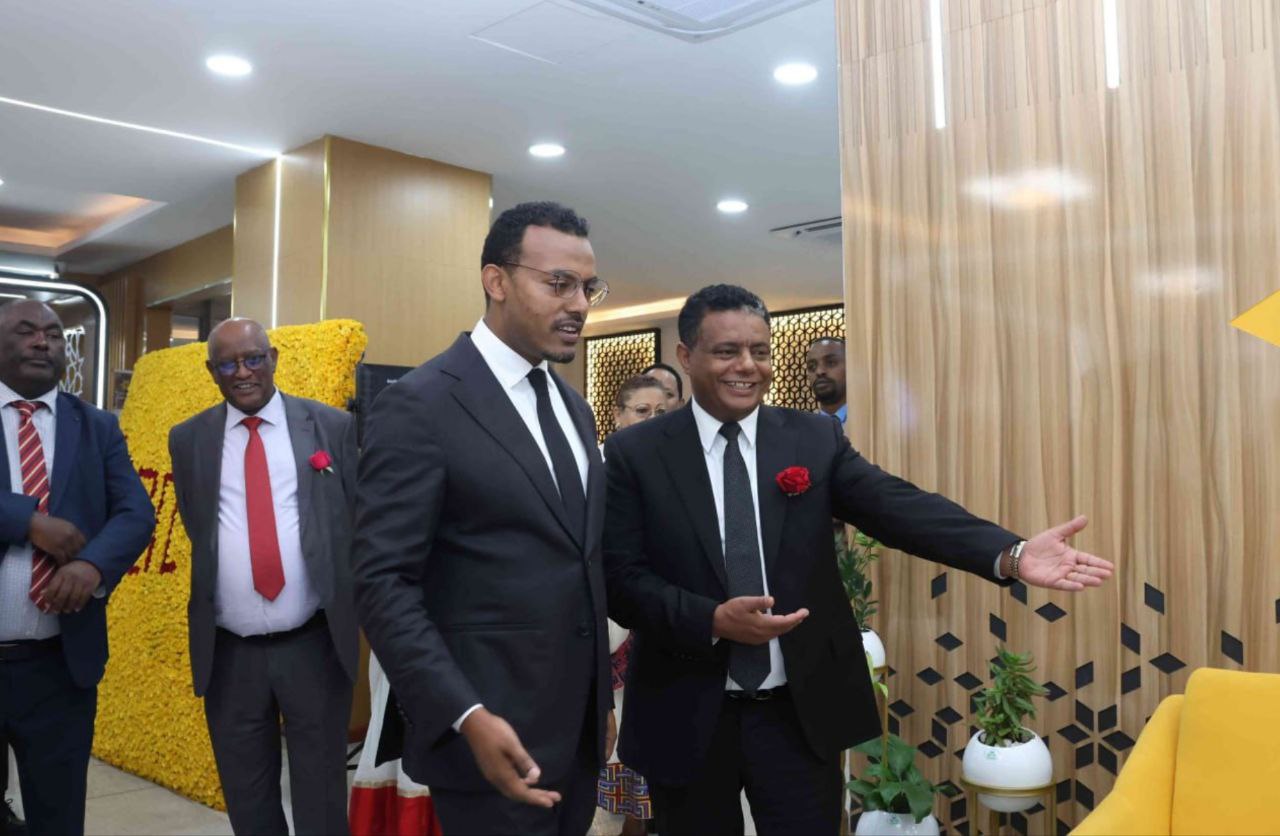
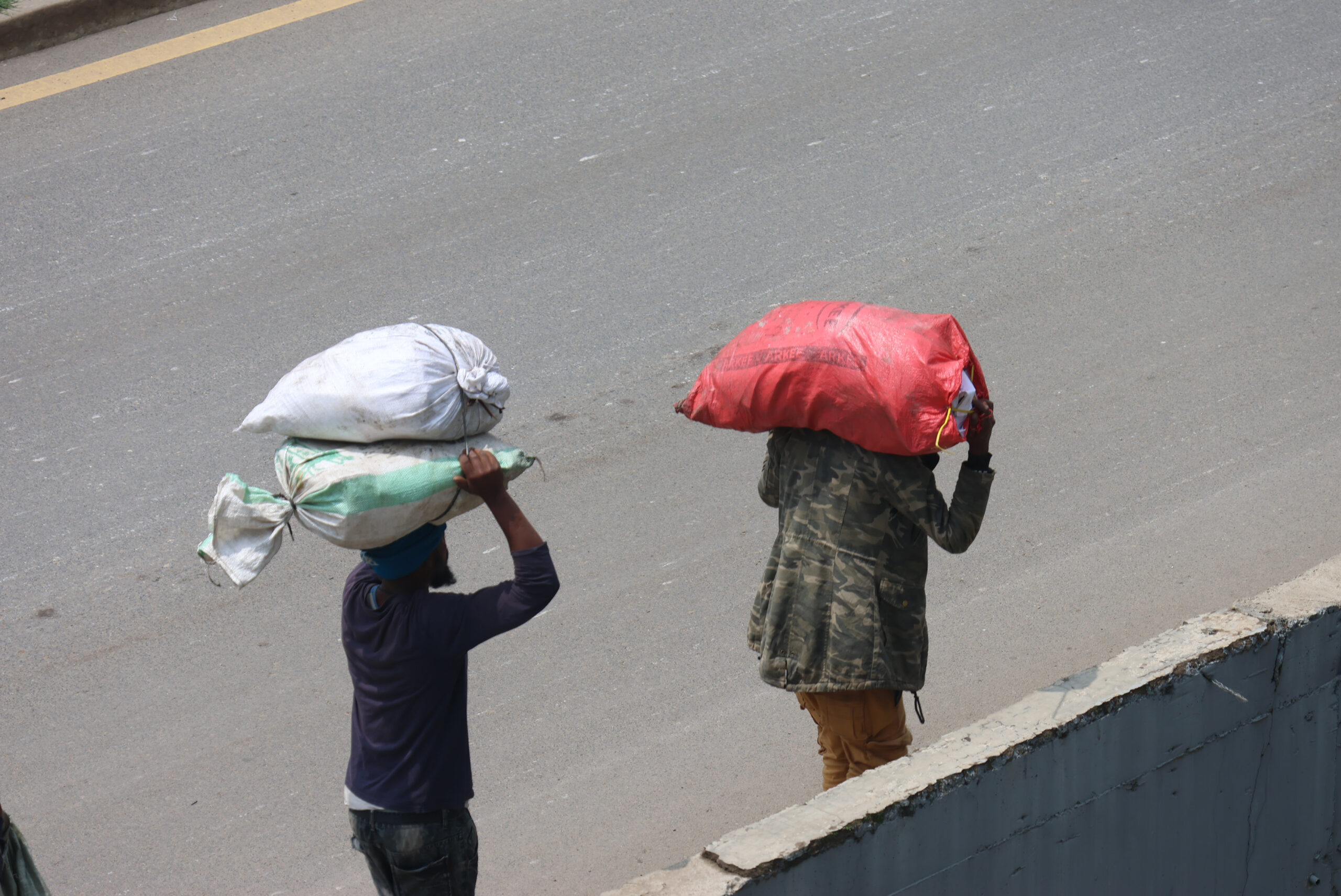
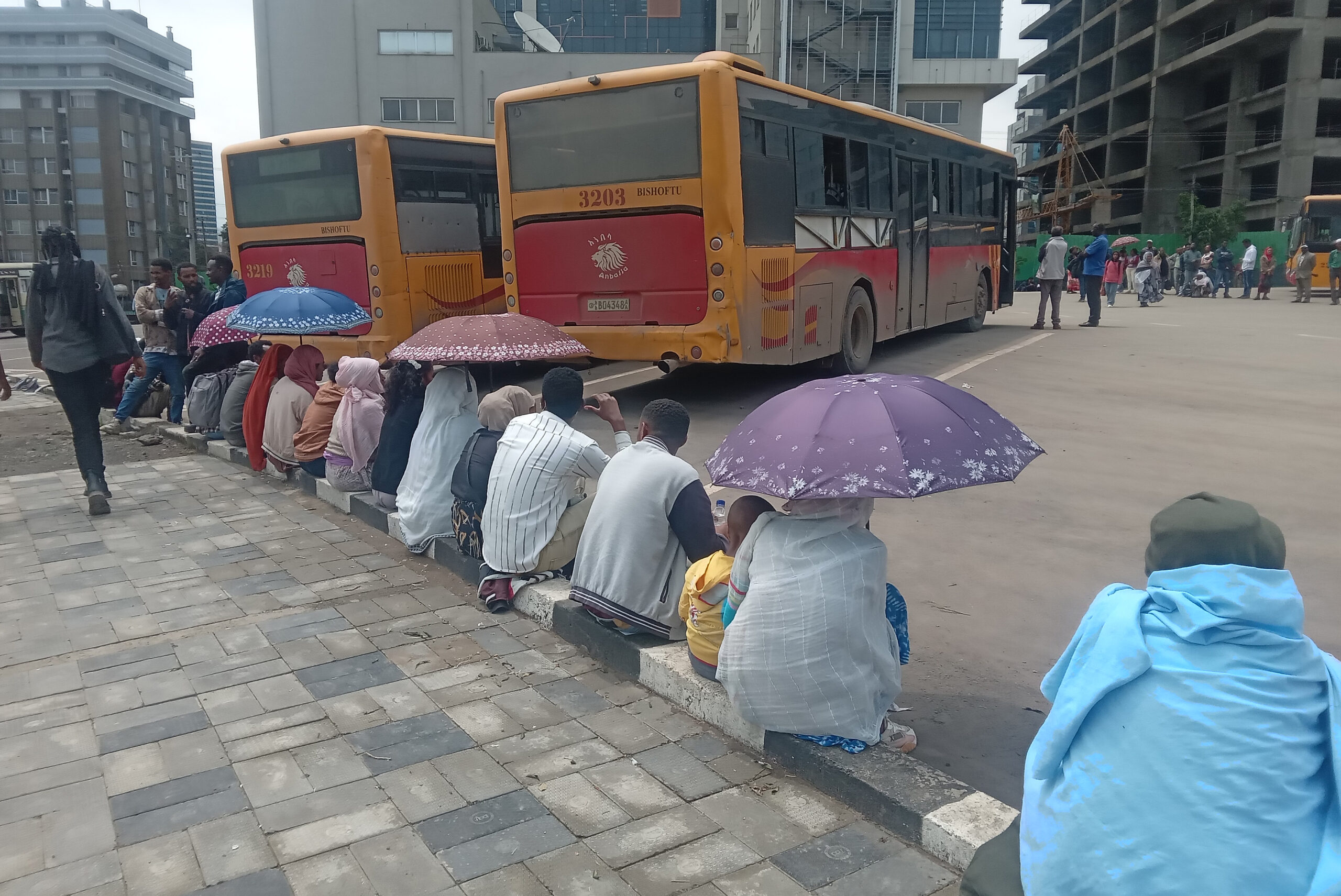
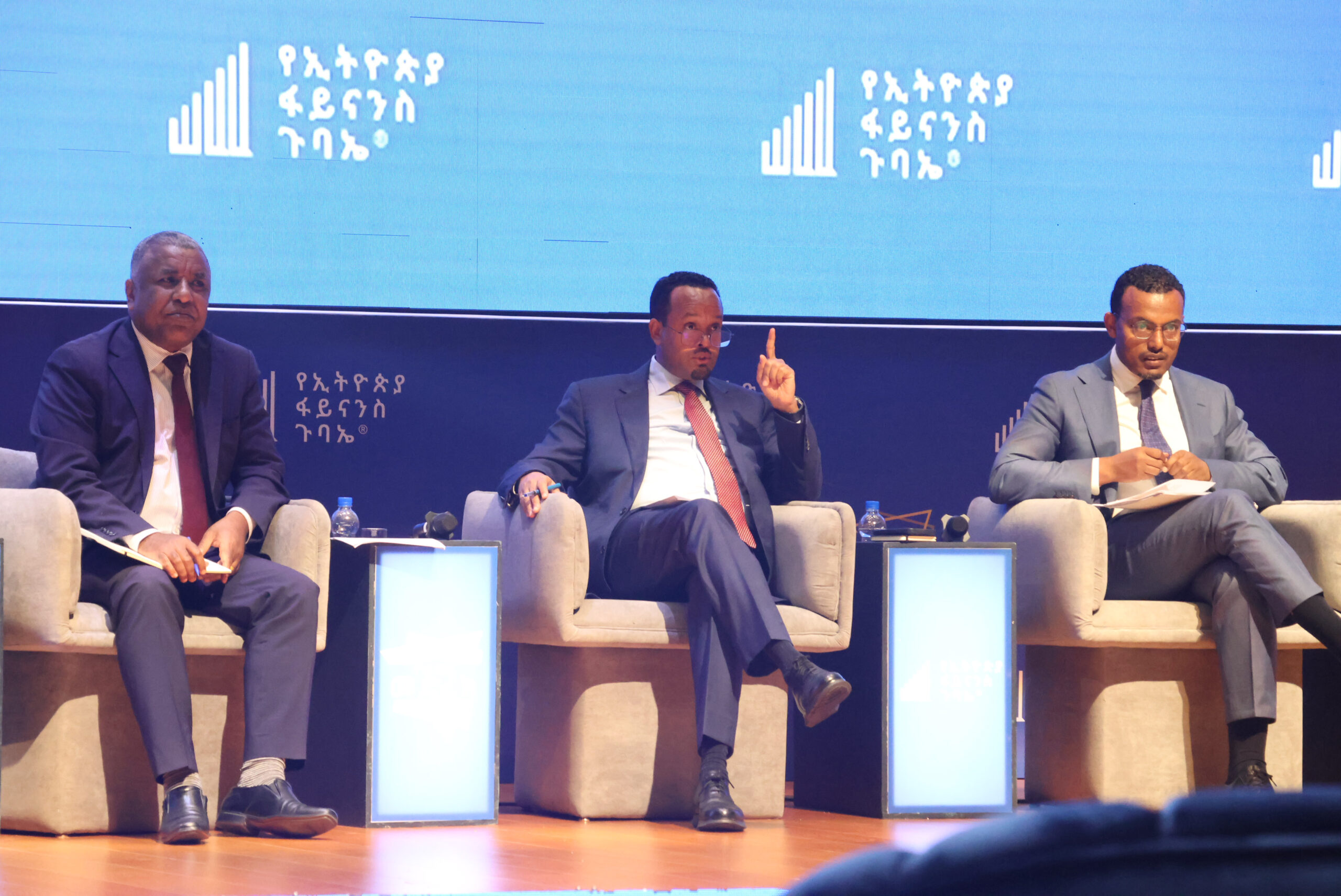
 Loading your updates...
Loading your updates...